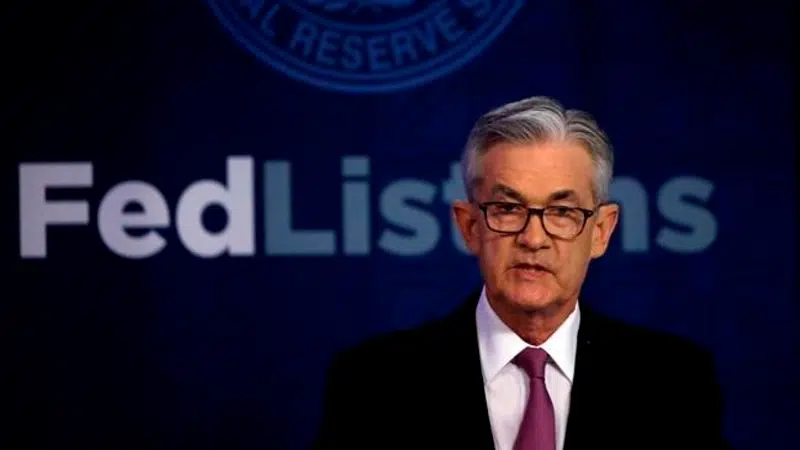
Powell says Fed stands ready to respond to trade conflicts
WASHINGTON — Chairman Jerome Powell said Tuesday that the Federal Reserve is prepared to respond to the Trump administration’s trade conflicts to protect the U.S. economic expansion if it decides that would be necessary.
Powell’s comments came at a conference in Chicago on how the central bank can make its interest rate policy more effective at a time when inflation has remained chronically below the Fed’s target level.
Powell called persistently low inflation the “pre-eminent monetary policy challenge of our time,” because it limits the Fed’s ability to support the economy by cutting rates.
